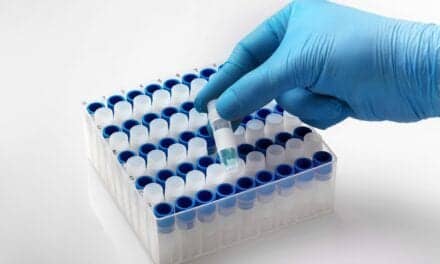The US FDA is warning healthcare providers about a newly discovered potential drug interaction related to the investigational antiviral drug remdesivir, which has received emergency use authorization for the treatment of hospitalized COVID-19 patients with severe disease.
Based on a recently completed non-clinical laboratory study, the FDA is revising the fact sheet for healthcare providers that accompanies the drug to state that co-administration of remdesivir and chloroquine phosphate or hydroxychloroquine sulfate is not recommended as it may result in reduced antiviral activity of remdesivir. The agency is not aware of instances of this reduced activity occurring in the clinical setting but is continuing to evaluate all data related to remdesivir.
In addition, the FDA revised the fact sheet for health care providers to clarify dosing and administration recommendations and to provide additional safety data and supporting data from clinical trials conducted by both the National Institutes of Health and the drug sponsor, Gilead Sciences Inc. The fact sheet for patients and caregivers was also updated to include additional information about possible allergic reactions and to alert patients to tell their healthcare providers if they are taking chloroquine phosphate or hydroxychloroquine sulfate.
“Over the course of this unprecedented pandemic, the FDA has issued emergency use authorizations for a variety of medical products after evaluating the available scientific evidence and carefully balancing any known or potential risks against the benefits of making these products available during the current public health emergency. We understand that, as we learn more about these products, changes may be necessary based on new data – such as today’s updates for health care providers about a potential drug interaction and other important information about using remdesivir to treat COVID-19 patients,” said Patrizia Cavazzoni, M.D., acting director of the FDA’s Center for Drug Evaluation and Research. “As we have done throughout the pandemic, the FDA continues to evaluate all of the emergency use authorizations issued and their related materials and will continue to make changes as appropriate based on emerging science and data.”
Following an evaluation of the emergency use authorization criteria and the scientific evidence available, the FDA issued an emergency use authorization (EUA) in May 2020 allowing for remdesivir to be distributed in the US and to be administered intravenously by health care providers, as appropriate, to treat suspected or laboratory-confirmed COVID-19 in adults and pediatric patients hospitalized with severe disease. The safety and efficacy of remdesivir for the treatment of COVID-19 continue to be evaluated, and preliminary clinical trial results have shown that on average, patients treated with remdesivir had more rapid time to recovery.
The EUA requires that fact sheets about using remdesivir in treating COVID-19 be made available to health care providers and to patients and caregivers. These fact sheets include information on possible side effects such as: increased levels of liver enzymes, which may be a sign of inflammation or damage to cells in the liver; and allergic reactions, which may include low blood pressure, high heart rate, low heart rate, shortness of breath, wheezing, angioedema (for example, lip or tongue swelling), difficulty swallowing, rash, nausea, vomiting, sweating, shivering and respiratory distress.









